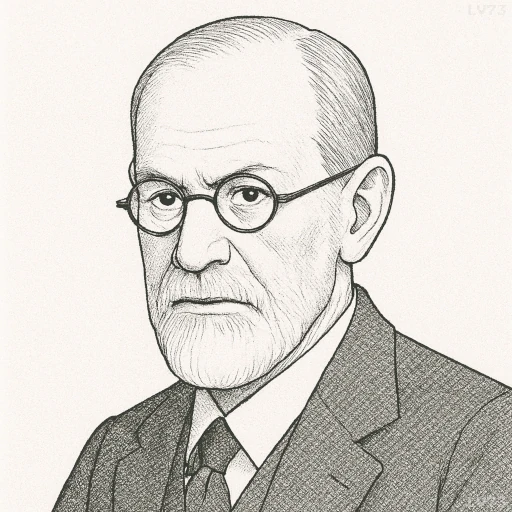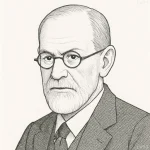“Analogies, it is true, decide nothing, but they can make one feel more at home.”

- May 6, 1856 – September 23, 1939
- Austrian
- Neurologist, Founder of Psychoanalysis
table of contents
Quote
“Analogies, it is true, decide nothing, but they can make one feel more at home.”
Explanation
In this nuanced reflection, Freud acknowledges the limited logical power of analogies—they cannot serve as definitive proof or resolve arguments. Yet he also highlights their emotional and conceptual value: analogies help us grasp complex or unfamiliar ideas by relating them to known experiences, thus creating a sense of intellectual comfort and orientation. They are tools not of deduction, but of understanding and intuition.
This idea is especially relevant in Freud’s own work, where he often employed metaphors and analogies—such as the iceberg model of the mind or the comparison between dreams and riddles—to make abstract psychoanalytic concepts more accessible and vivid. Though such comparisons cannot replace evidence or analysis, they help readers feel “at home” in the territory of the unconscious, providing psychological and linguistic bridges to new insights.
Today, Freud’s observation is echoed in fields ranging from science communication to education and therapy, where analogies are valued for their ability to simplify, humanize, and contextualize difficult material. His quote remains a reminder that while reason must be anchored in logic, the journey of understanding often depends on imaginative leaps and relational thinking—which make the unfamiliar feel familiar, even if they don’t settle the matter completely.
Would you like to share your impressions or related stories about this quote in the comments section?

